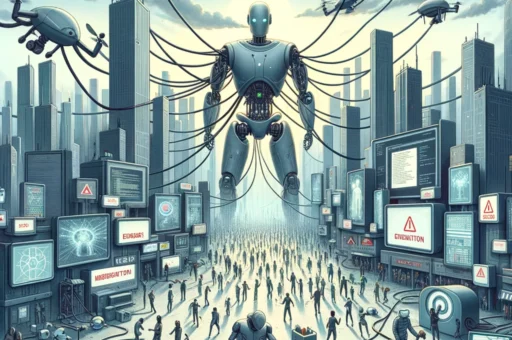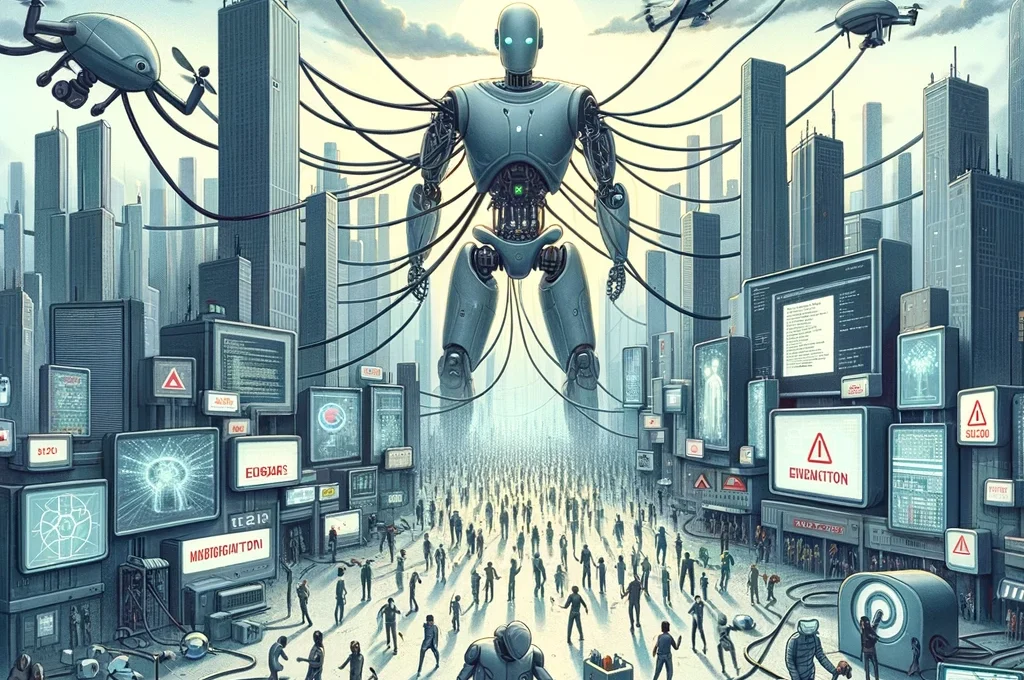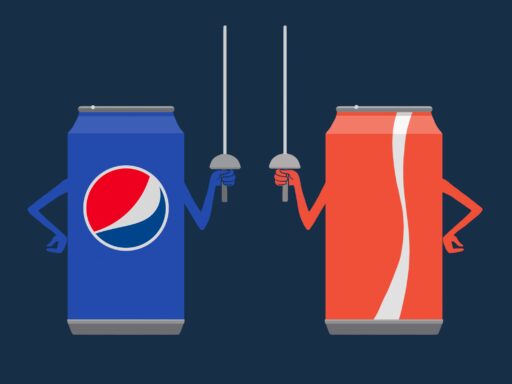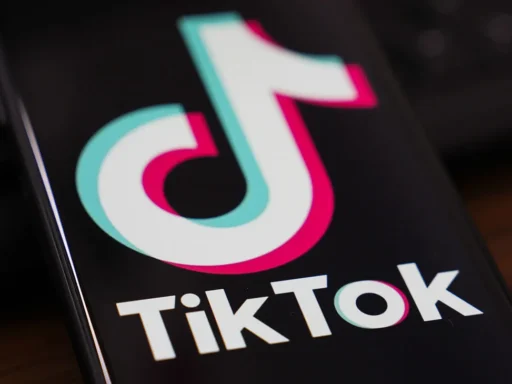AI, Artificial Intelligence, feels like the biggest conversation around the globe right now. Everyone and their cousin has an AI system, or AI application, or an AI system that will “simplify your life and save you hundreds of hours.” The problem lies in the fact that AI may be coming on a little too strong; like a bad date who believes dumping their best qualities all at once is the right answer. In reality, it probably isn’t and seems to be like a slightly more advanced version of the metaverse – and we all know how that went.
Don’t get me wrong, there is a place in the world for the applications that AI has created for us, but it seems as though it isn’t quite ready for mass-market adoption. Every company that has a discretionary budget in the tech space is dumping it into various forms of AI. This results in billions and billions of dollars heading toward a solution that may not be the answer. While the innovative envelope needs to continue to be pushed to create new levels of technology, the results from AI have proven to be relatively scary.
Deepfakes, computer-generated adult videos, and factual inaccuracies are a few of the problems that come as a result of AI. AI is built in an environment where its results are indicative of the creator’s logic. Similar to a child, if it is raised with poor morals and beliefs, it will exude poor morals and beliefs. Understanding that principle of information, we can begin to grasp why the concept of false and inaccurate data can be very detrimental to a system’s multitude of users. Beyond the ethical consideration of not using the system as a means of evil (begging the question: What is considered evil, and should therefore be disallowed?), we have to consider the source of the information as well.
In Elon Musk’s recent biography, by Walter Isaacson, it is detailed very clearly how Elon Musk, one of the founders of OpenAI, parent of ChatGPT, saw the alarming signs of how AI can be very problematic for society. Elon pushed for President Barack Obama to step in and help regulate the growing market space for AI. That cry for help fell on deaf ears and led us to where we are today. The advancements in AI continue to support numerous technology-based scams that are responsible for annual thefts in the billions of dollars. People are being hurt, lives are being destroyed, and nobody is being held responsible.
In the sitting president’s of the State of the Union this past week, there was a strong urge for congressional intervention against AI. Having zero regulations around such an advanced technology has proven dangerous.
Playing the devil’s advocate, I do want to point out that when AI is used for good, the results can be astonishing. ChatGPT, and similar systems, can cut people’s workload by magnitudes. The benefits of a well-run AI system can have a tremendous impact on the advancement opportunities of humans. The problem lies in the fact that there are bad eggs in the crowd who will weaponize these AI systems, and hurt people all while absolving responsibility, because it wasn’t technically them.
Beyond the bad eggs, we have to consider details like ownership, copyright infringement, trademark laws, etc. Those are very heavy topics and decisions that need to be cleaned up before the world can really utilize AI as intended. I choose to believe that the ideology of AI comes from a place of good intention, but there are so many cracks left to be filled that pose threats in the interim.
Be prepared for this discussion to continue, and be vigilant about potential AI based scams that you may fall victim to. We can’t definitively say that regulations will fix the issue, but we know that indecision is a decision. There is a culture of justification for hiding behind computers that needs to be eradicated before AI can truly be used to “benefit all of humanity,” the mission of OpenAI. Its only a matter of time until something very bad happens at the hands of these technologies, and are we willing to risk that to push the innovation envelope?
P.S The image being used was created by ChatGPT 4.0’s new image creation capabilities.









